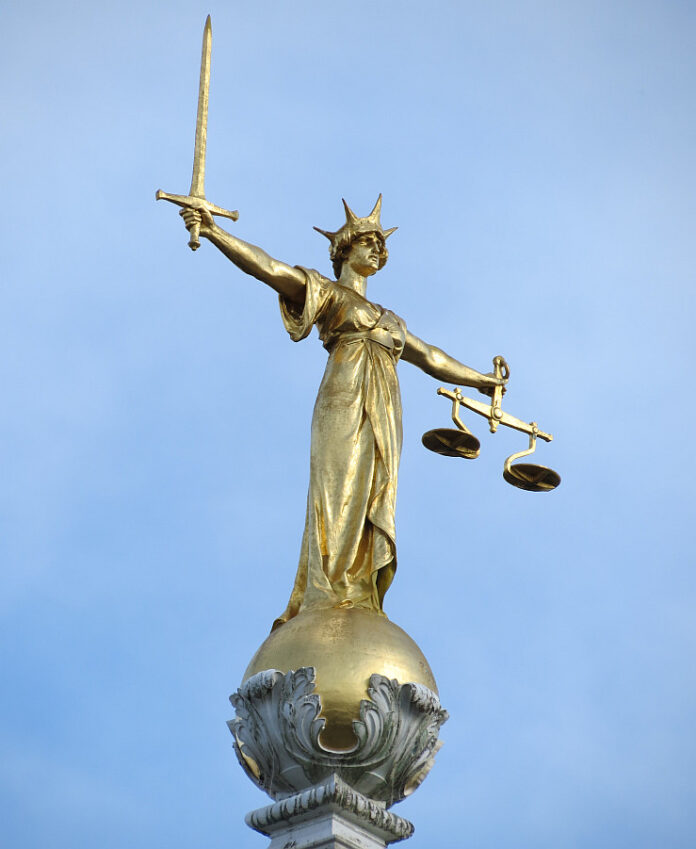I am often asked to give my view on how the courts approach cases where couples are divorcing and one of their assests is a business. Divorce, despite the best efforts of the parties and their solicitors, can sometimes be a traumatic, and difficult process. Divorce proceedings are often more complicated, and the animosity between the parties can increase, where as well as being married, there is a family business. We look at some of the ways in which the courts in England and Wales approach the family business within divorce proceedings. A business may be treated as a matrimonial (or civil partnership) asset and in some cases, it may be the most valuable asset. Although a business is not a liquid asset in the way property and cash are, a spouse can ask a court to make money available to them by, for example, the other spouse drawing down company funds to pay them a cash lump sum.
Businesses on divorce is a highly specialised area, and the approach to a business divorce case requires careful consideration and handling in order to avoid as much disruption to the business as possible. While many business people wish to retain control over their business and avoid their spouses having an interest in it, other businesspeople consider retaining a business as being riskier than sharing other assets, such as cash and real property. A business has been referred to by the courts as a “risk laden” asset, whereas the cash and property are treated as “copper-bottomed” assets and therefore, less risky. Below are are answers to some of the common questions.
Is the value of my business taken into account when considering how to divide our assets and how is this valued?
In most cases the value of a business is taken into account along with the value of any other assets such as the home , savings , pensions etc. The value of the business itself can often be a contentious point and the common approach is for the business to be valued as part of the divorce process by a forensic accountant who is appointed by both parties ‘ solicitors. They can also be asked to provide an opinion on other important factors that should be borne in mind when considering a business case, such as issues of liquidity and whether one spouse can draw significant sums from a business to meet a financial settlement.

Is my spouse entitled to half of my business?
It is extremely unlikely that your wife or husband would be given a direct interest in your business , since for the vast majority of divorcing couples,this would be completely unworkable. The more common approach is that if you were to retain your business then your spouse be given some other assets to compensate them.
Will the court force a sale of business?
Usually, a family business is the main source of financial support , and therefore the courts main concern is to try to preserve it where-ever possible, so it is rare that a court would order a business to be sold. It is often the case though that if a family business is to be preserved , then the other spouse needs to be provided with sufficient capital and /or maintenance to address any imbalance. There are usually a variety of ways to achieve this and it is important to ensure that the liquidity of the business and appropriate time-scales are considered carefully alongside accountancy advice as to how best any such sums can be extracted from a tax perspective.














¿Un casino que abre 24 horas al día, 7 días a la semana? ¿Una página web que ofrece juegos para distintos dispositivos, desde ordenadores hasta smartphones, pasando por tabletas? ¿Un sitio en el que se puede jugar a algunos de los juegos de casino más populares? Eso no existe, ¿verdad? ¡Que te crees tú eso! ¡GameTwist reúne todas estas ventajas y es además LA página web para la diversión total! Como ya se ha dicho, las opiniones de Gametwist son, en líneas generales, muy generosas. Al ser una página creada por diversión, sin ánimos de lucrar, todo jugador que prueba Gametwist sale muy satisfecho. Bingo El acuerdo entre Gametwist y beruby permite que tus compras sean más baratas por los cupones y por el cashback (reembolsos en euros). Gametwist es un portal con una variedad increíble de juegos online, como poker, mus, chinchón, escoba, brisca, dominó, parchís, bingo, 4 en raya, billar, dardos, etc.
http://mall.thedaycorp.kr/bbs/board.php?bo_table=free&wr_id=266938
Somos una Correduría de Seguros especializada en seguros para empresas y profesionales, con un equipo muy técnico y expertos en varios sectores, entre los que destacan: construcción, energías renovables, transporte o aduanas. Encontramos la mejor solución aseguradora del mercado para proteger la empresa y a sus trabajadores mediante un estudio de riesgos personalizado. Con miles de casinos online, es difícil encontrar el adecuado que salvaguarde tu bienestar y tus fondos. Aquí es donde entramos nosotros. A través de un estricto proceso de selección, hemos encontrado los casinos online más seguros. Estos sitios sobresalen en términos de medidas de seguridad y velocidad de pago. Ofrecen una variedad de juegos justos probados de forma independiente, y bonos que vienen con condiciones transparentes.
If you found a free spins offer or a deposit bonus that’s tailored for your gambling preferences, it’s time to learn how to use it. For the sake of explanation, we’ll use the free spins offer from Jackpot City Casino. Here’s what you have to do to get your bonus spins: The most common options include a 200% match bonus, 200 free spins, and a $200 cash bonus. The guide below will discuss the best free spins $1 deposit Canada platforms. We will discuss how you can utilize these bonus offers by making low minimum deposits at a Canadian casino online. Another key point is learning to activate and claim promotions on low-deposit casinos. There are advantages to CAD 1 deposit free spins, and we will see how these work. Others do not limit the free spins, depending on the number of funds a gambler deposits. Free spins are a powerful tool you can use to your advantage, play a slot longer than usual and possibly win. Keep in mind that such bonus available for specific slot games only. You can pick one game and use all the chances on that slot. A $1 deposit bonus casino Canada gives you an option to test a game and even win a prize by investing the lowest amount possible.
http://eng.koreanpear.co.kr/bbs/board.php?bo_table=free&wr_id=159719
Betin Casino is a bright and cheerful online casino and sports betting website owned by Gamcode Trading Limited. The site provides players with a good collection of casino slot games and table games powered by leading software companies along with a huge range of sports betting options from Europe and all over the world. There is also live betting here along with virtual sports. If you are looking for betting tips tonight you will see US sports betting is popular and we regularly see NBA betting tips rise to the top of the hot tipster’s list. The weekend betting tips, of course, cover a large range of sports, in all, we cover over 22 sports at OLBG so you can find sports betting tips for all the major events. This site contains gambling related content (including but not limited to casino games, poker, bingo, sports betting etc.) and is intended for adults only. You must be 18 years of age or older (or if the age of majority in your place of residence is greater than 18 years, you must have attained the age of majority) to use NoDepositBonus.cc or engage in any of the programs we offer.
Youre so cool! I dont suppose Ive read something like this before. So good to seek out any individual with some unique ideas on this subject. realy thank you for beginning this up. this website is one thing that’s needed on the net, somebody with a bit originality. helpful job for bringing one thing new to the web!
As a Newbie, I am constantly browsing online for articles that can help me. Thank you